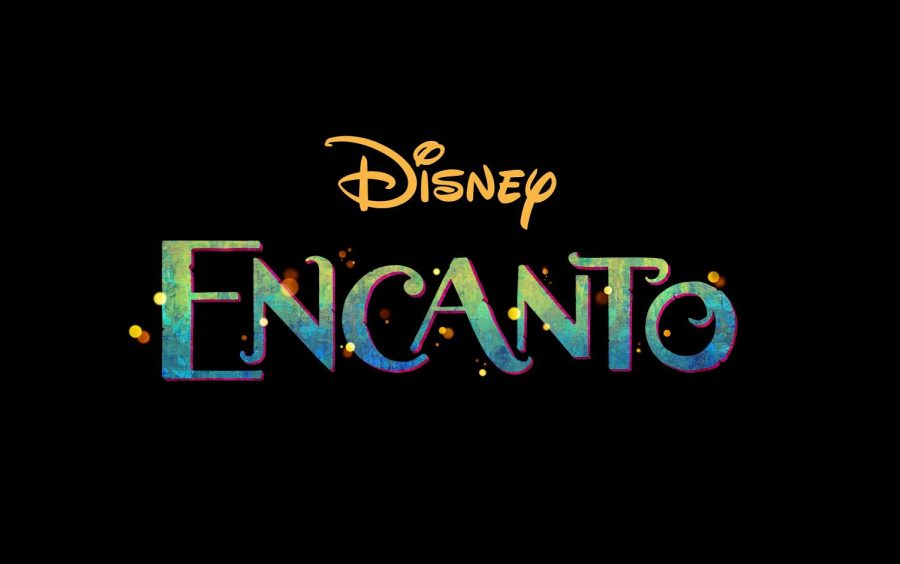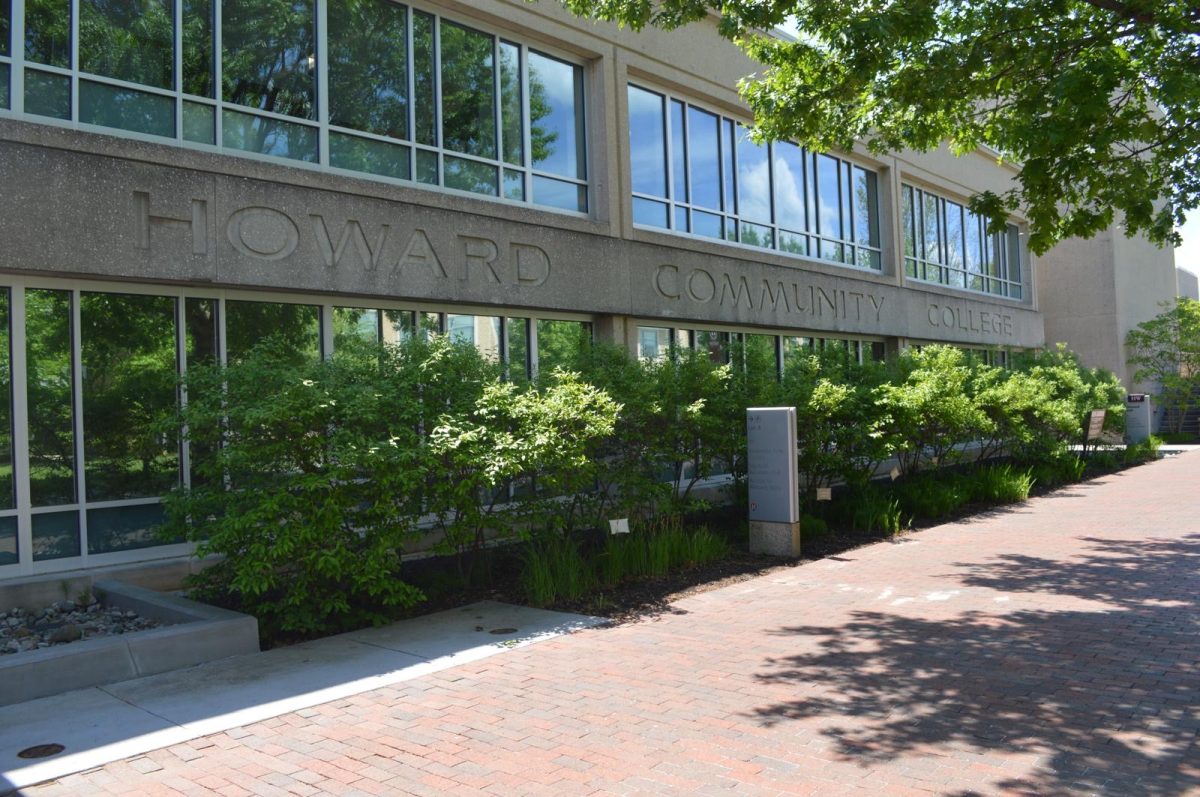Themes Present in and the Importance of Disney’s ‘Encanto’
Analyzing the deeper elements found within the plot of ‘Encanto’
Disney’s “Encanto” is rife with memorable tunes and worthwhile lessons.
June 3, 2022
Spoilers for “Encanto”!
One of Disney’s latest hit movies, “Encanto,” swept across the world with its hit songs, magical characters and family-centered plot. And, as usual, I came late to the party. I fell in love with “Encanto” through its songs, but I felt I didn’t need to watch the entire movie due to the “tell the story through songs” method Disney musicals often use.
I ended up watching the whole movie, however, to get the context hidden between the myriad of songs, and I was stunned. Although the rapid-fire songs take up the majority of the movie, the small, personal scenes between them go deeper than the songs can (and believe me, some of those songs are deep!).
It’s not just the plot or the songs that make the story shine. Rather, it’s the characters’ interactions with each other that provide us with the most valuable lessons.
Let’s Talk About Mirabel
First off, let’s talk about Mirabel’s personality and characterization.
I enjoyed her immensely as a main character because she’s realistic. She gets exasperated at climbing tons of stairs. She fights with her older sister. She becomes upset when her younger cousin gets a gift after she doesn’t get one, and bottles her frustration up inside herself.
She wants clear-cut answers and is confused about how to go about doing things. She’s even honest with herself about how part of her is “saving the family” for herself and not for them.
Long story short, she has realistic emotions and flaws. In other words, she’s human.
Personal Connection
The more I watched, the more I was shocked at how much I could relate the characters to people in my life — including myself.
I can see Abuela’s emphasis on things needing to go well and good appearances being kept up in some of my older family members. I can see Mirabel’s frustration with her seemingly perfect sister in my brothers’ view of me, as well as the hurt of expectations put on Mirabel’s siblings in how my brothers and I have inadvertently felt sometimes at home.
I can see Luisa’s pain of finding easier things becoming harder to do in my own experience with Lyme disease. I can see Mirabel feeling hidden and useless, resulting in her believing she has to prove herself, in me constantly trying to be “better” than everyone else.
I’ve lived all of these characteristics, and I can also see these aspects in people around me.
As the oldest in my family and as a college student, I straddle both sides of the coin — I was looked up to by my siblings when they were younger, but I also feel like I’m not enough when I see my peers accomplish amazing things that I haven’t done.
This aspect, commonly referred to as imposter syndrome, is something everyone faces throughout their lives. One time I faced imposter syndrome this semester (and many others face it as well) was in the dreaded group project.
In a group project, it can be very easy to look at our teammates with all their accomplishments and ideas for the project and think to ourselves, “I have nothing to contribute to this project. I don’t even know where to start. I feel so behind compared to everyone else.”
In short, imposter syndrome is a common feeling most people have. And if you haven’t felt it, chances are you know someone who has felt that way.
And that’s the point – whether you’re the perfectionist or the workaholic, the person that feels like a nobody or the person that seems to mess everything up, the person who’s anxious about others or the person who’s unable to see others’ pain — or even all of these at once — everyone can relate to something.

These scenarios aren’t just for fictional characters — they are everyday occurrences that anyone can experience. This means that we, like the Madrigal family, can apply the lessons learned from these scenarios in our own relationships and interactions.
Christian Themes and Lessons
The ending of “Encanto” is a beautiful moment, encapsulating several Christian themes and values. Primarily, it focuses on forgiveness.
Notice how Mirabel isn’t acting like she’s completely right when she talks to Abuela in the end; rather, she preemptively apologizes for her role in the fall of the Encanto. She apologizes for yelling at Abuela and for “want[ing] to be something [she’s] not.” And Abuela, in turn, apologizes for her focus on the miracle over her family.
Both Mirabel and Abuela acknowledge and apologize for their respective wrongdoings. That’s something the Bible vehemently teaches: “first take the plank out of your own eye, and then you will see clearly to remove the speck from your brother’s eye” (Matthew 7:5, NIV).
Second, the family — now without their gifts — and the regular townspeople work together to rebuild the casita. This reminds me of the passage in 1 Corinthians 12 where it discusses how we are “one body” but many members, each with different gifts, and how we should work to help each other out.
Final Thoughts
So, to wrap it all up, is this movie a bit fast-paced with people randomly bursting into song? Yes. Does that mean that it’s just for kids? No. Far from it. Rather, this movie can teach everyone, no matter their age, an important lesson: the lesson of grace. We all need to show each other grace, and more often than not, we need to show it wholeheartedly.
We’ve all messed up and hurt others in the process in a million different ways, whether intentional or unintentional, verbally or through our actions, actively or passively. We all need forgiveness, not just from each other, but from God Himself, since we have ultimately rebelled against him.
And since God forgives all those who repent (admit they did wrong in God’s eyes and seek to not do it again) and trust in Him, we are called to forgive others who need forgiveness for things they’ve done against us (Matthew 6:12). This is the true message of “Encanto,” a message of grace and reconciliation with each other that points to the ultimate reconciliation we have in Christ.







